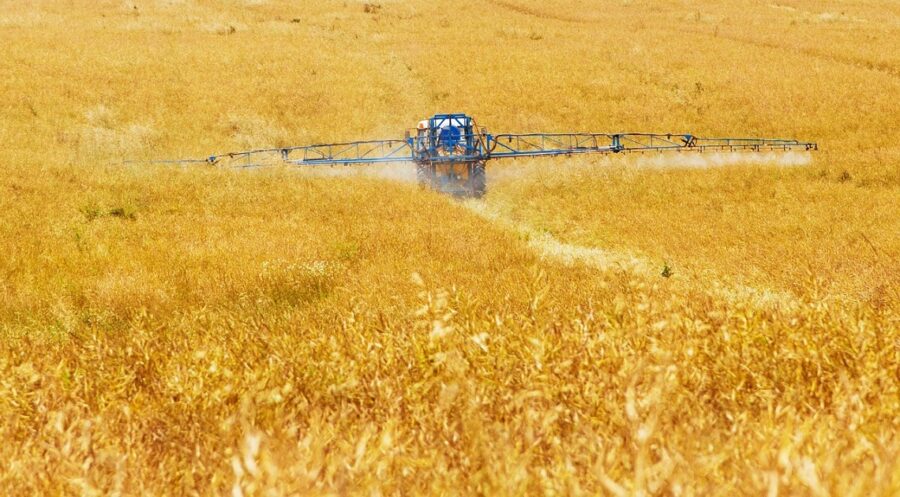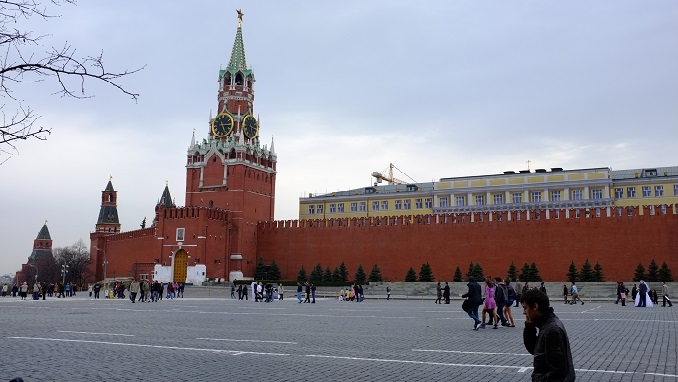Over half of the population of Afghanistan depends on humanitarian aid to survive, making it one of the biggest and worst humanitarian crises in the world, a new report argues.
Acute food insecurity affects 18.9 million people nationwide, and estimates indicate that if economic conditions deteriorate, climate change continues, and the impact of the Ukraine conflict on the world at large, food access will worsen.
Women and girls’ ability to obtain enough and nutrient-rich food has been further hampered by ongoing gender inequality, which has been exacerbated by recent limits on the right to work and receive an education.
To better understand the gendered economic, cultural, and practical hurdles to food security, CARE undertook a study on how the food crisis in Afghanistan impacts women and girls differently. This study highlights important findings about family food security, unhealthy coping mechanisms used by women and families, and shortcomings of humanitarian actors in providing relief that is gender-responsive. The research is based on a thorough desk review of data that has been collected since August 2021, a household survey with 345 women respondents that was conducted in both urban and rural areas, a series of qualitative interviews with 18 women, nine focus group discussions (FGDs) with men, and key informant interviews (KIIs) with experts in food security and humanitarian actors.
In nine provinces located in the north, west, south, and center of the nation, data were gathered in both urban and rural areas.
Some significant figures from the study include:
According to 87.2% of poll participants, their household income had significantly decreased since August 2021.
In the past two weeks, 81% of women said they had to skip a meal, and in 95% of households, women stated they and/or other family members had cut back on overall food intake.
Out of the 345 women surveyed, 41, or 12%, claimed that extreme food insecurity had previously compelled them to wed a family member’s minor daughter.One of the greatest safety and security issues affecting girls in their society, according to 55% of survey respondents, is underage marriage.
Only 34% of the respondents who identified as women said they had received support in some capacity in the previous year. Less than 15% of the women who received support had been asked what kind of help they wanted before getting it.
Only 19% of the women who responded to the study said that the humanitarian aid they had received had been tailored to their particular needs. The women who participated in this study’s interviews also mentioned that delivery methods have occasionally fallen short.



